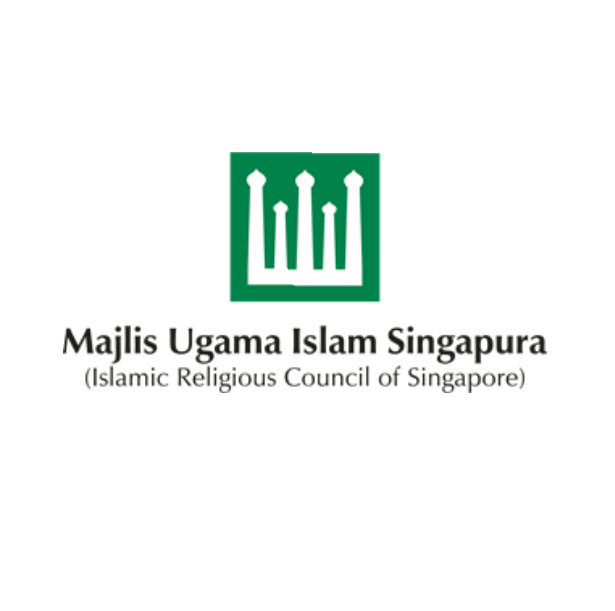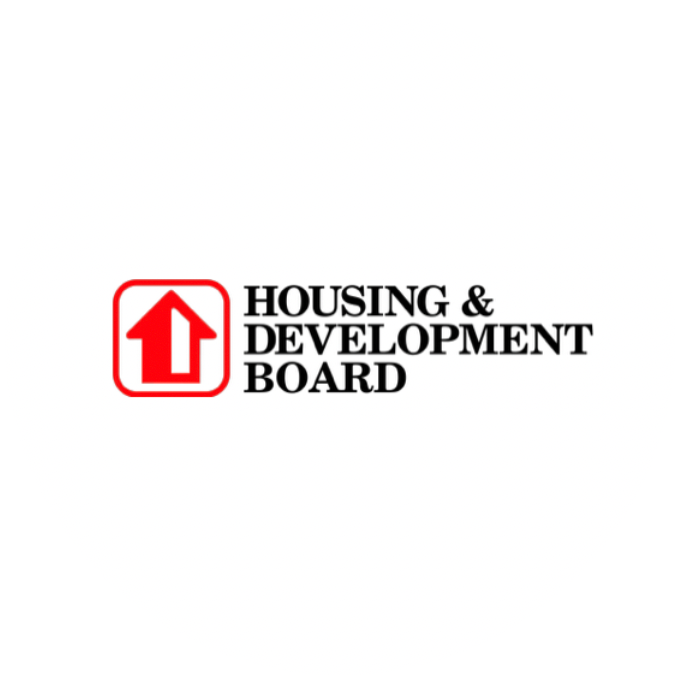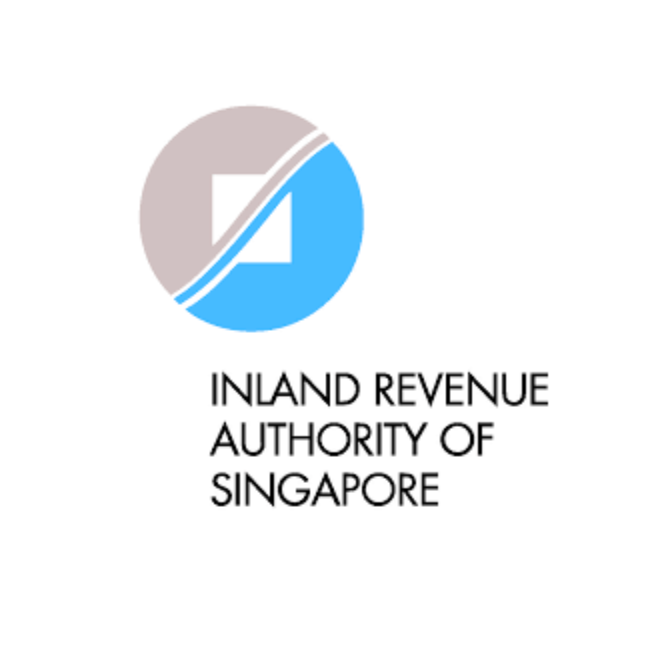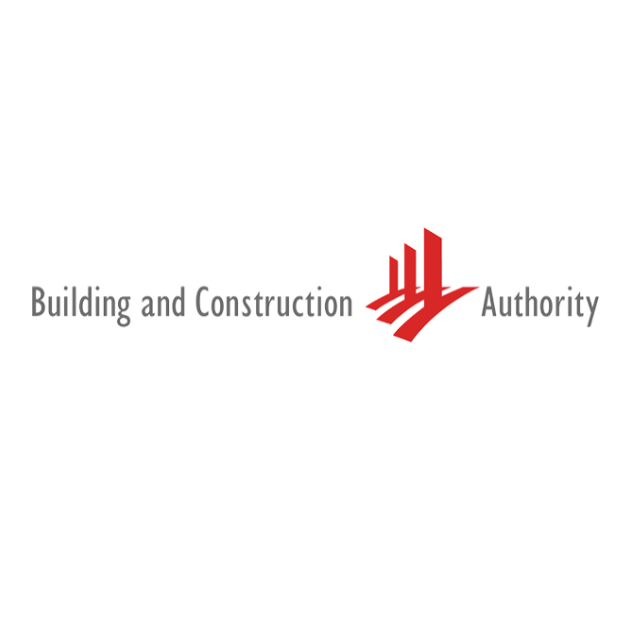The Pro-Enterprise Initiative Award is awarded to public sector officers and/or teams that have proactively initiated pro-enterprise changes which resulted in improved service delivery, reduced business compliance costs, and enabled more businesses to participate in the market. This year, there are 6 winners for this Award Category.
| Silver- Performing Arts Tours Pilot Grant (PATPG) Singapore Tourism Board (STB) |
||||
|
The COVID-19 pandemic and border restrictions have had significant impact on the revenue of Tour operators (TOs) and Arts Practitioners (APs). To encourage the development of commercial tours incorporating performing arts elements and drive tourism outcomes through art, STB and the National Arts Council (NAC) decided to establish a cross-agency partnership to develop the STB-NAC Performing Arts Tours Pilot Grant (PATPG). The PATPG aims to facilitate cross sectoral collaborations and capability building between APs and TOs, tapping on APs’ expertise in storytelling and performance, as well as the TOs’ experience in content curation, tour development and delivery in order to curate and offer a compelling and unique tour experience for audiences. This enriched the diversity of tour offerings and created new revenue streams for APs, allowing both sectors to collaborate, test prevailing consumer demands and commercial viability of such tours. In addition, PATPG also facilitated a testbed for innovative performing arts tours through a regulatory sandbox. This allowed APs under PATPG to be exempted from the requirement of holding a tourist guide licence while conducting these tours. 5 tours were launched as a result of the pilot: Voices: Memories of Kampong Lorong Buangkok, Somewhere in Time – A Journey Through Tanjong Pagar, The Secret Life of Haw Par Villa, re:walk Telok Ayer, and Katong Dreaming: A Musical Tour.
|
 |
|||
| Silver- Halal Application & Renewal – Making it Easy, Engaging and Exceptional Majlis Ugama Islam Singapura (MUIS) |
||||
|
Businesses generally faced challenges meeting MUIS’ Halal certification requirements, particularly among the smaller businesses as well as brands with multiple chain outlets. This resulted in poor Halal certification compliance and late certification renewal. Without their Halal certification, businesses lost a significant portion of their customers which worsened during the COVID-19 pandemic. To support businesses and build the Halal food sector, the MUIS Halal team engaged Halal certificate holders to understand businesses’ pain points and sought feedback on how MUIS can better facilitate the process for Halal Certification. The inputs from the engagements led to the revision of the Halal Certification Conditions which saw simplified Halal certification requirements especially for the smaller businesses. MUIS also launched an enhanced backend system to incorporate new features such as the auto-renewal submission which allows businesses to prepare early for their certification renewal, helping businesses save time and effort. |
 |
|||
| Bronze- LinkFM: A Centralised End-to-End Facilities Management & Maintenance Platform for Managing Agents, Contractors and HDB staff Housing & Development Board (HDB) |
||||
|
LinkFM is a one-stop digital platform for the management and maintenance of HDB’s residential buildings, commercial properties and car parks. Through data analytics, LinkFM improves the maintenance regime by eliminating manually intensive and time-consuming processes. To manage our properties more efficiently and improve service delivery, HDB developed LinkFM to interface more than 30 internal systems and unified 55 separate processes into one workflow. With the LinkFM platform:
In developing LinkFM, HDB regularly engaged its stakeholders, including managing agents, and contractors to better understand their challenges and create a suitable platform that adequately addresses the pain points. LinkFM enables HDB to improve the timely maintenance of HDB properties, so that we can deliver a quality environment for Singaporeans to live, work and play.
|

|
|||
| Bronze- Rental Support Scheme: A Direct-To-Tenant Pay-out Scheme Inland Revenue Authority of Singapore (IRAS) |
||||
|
To support businesses with rental expenses during the two Phase 2 (Heightened Alert) periods and the Stabilisation Phase (including its extension to 21 Nov 2021), the Government provided rental support to Small and Medium Enterprises (SMEs) and eligible Non-Profit Organisations (NPOs). The rental support was provided via cash payouts disbursed by IRAS under the Rental Support Scheme (RSS). This was the first time that rental support was given directly to qualifying tenants without involving the landlords. There were three RSS payouts, for each of the COVID-19 Safe Management Measures. In addition, to help businesses receive their cash payout as soon as possible, the third payout was disbursed automatically to tenants and owner-occupiers who received the second payout, saving them the time and effort to apply to IRAS again.
|
 |
|||




